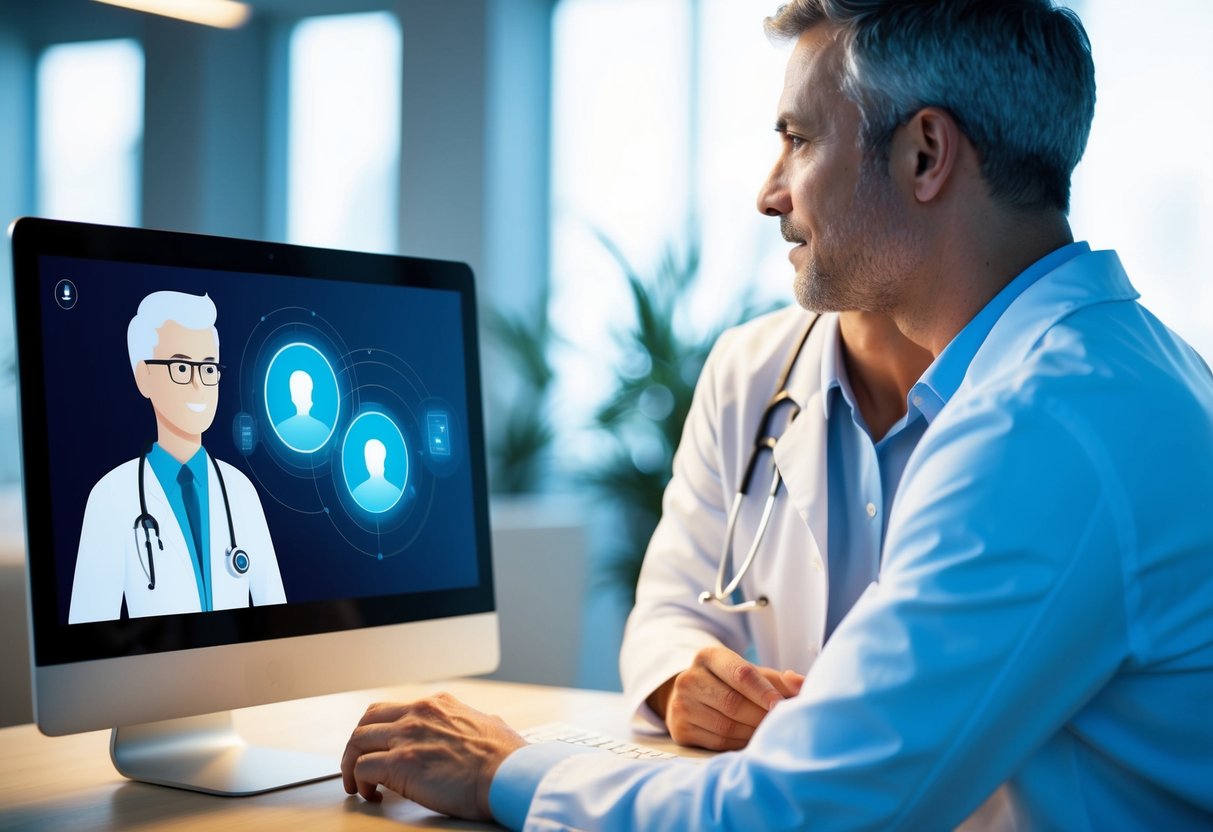
Advancements in Remote Monitoring Systems
Recent advancements have transformed remote patient monitoring, offering real-time data collection. Wearable devices and smart sensors continuously track vital signs, transmitting data to healthcare professionals. This enables proactive health management, particularly for chronic disease patients.
These technologies reduce unnecessary hospital visits, improving patient comfort and care efficiency. Healthcare providers gain valuable insights into patient health trends, supporting timely interventions and personalized treatment plans.
Blockchain and Security in Digital Health
Blockchain technology is significantly enhancing data security in digital health. It offers a decentralized and immutable system for storing patient records, making unauthorized data manipulation nearly impossible. This mitigates risks related to data breaches, enhancing patient confidentiality.
Blockchain facilitates secure sharing of medical information between healthcare providers, improving care coordination. The technology’s transparency and accountability increase trust among stakeholders, fostering a more secure telehealth ecosystem.
Clinical Practice Transformation Through Telemedicine

The integration of telemedicine into clinical practice has led to significant shifts in how healthcare is delivered. Specialties like cardiology, neurology, and psychiatry are experiencing advancements. Innovations in patient monitoring make managing chronic conditions more efficient. Furthermore, electronic health records are increasingly digitized, enhancing clinical outcomes and healthcare delivery.
Telecardiology, Teleneurology, and Telepsychiatry
In telecardiology, remote consultations allow cardiologists to assess and monitor cardiovascular conditions without geographical barriers. This approach provides timely cardiac care and can reduce the need for in-person visits. Teleneurology utilizes telemedicine to offer neurological assessments and ongoing care. This facilitates faster diagnosis and treatment of neurological disorders, often in regions lacking specialists. Telepsychiatry extends mental health services to underserved areas, offering remote therapy and counseling sessions. It addresses mental health needs flexibly and conveniently, helping combat stigma and accessibility issues associated with mental healthcare.
Patient Monitoring and Chronic Conditions Management
Remote patient monitoring has transformed chronic condition management. Wearable devices and home monitoring technologies enable continuous data gathering. This real-time data allows healthcare providers to make informed decisions, ultimately improving patient care. For those with conditions like diabetes or hypertension, monitoring systems alert healthcare professionals to abnormal readings, prompting timely interventions. Such systems empower patients to play a proactive role in their healthcare, improving adherence to treatment plans. Patients experience better management of their conditions, potentially reducing hospitalizations and emergency visits.
Digitization of Clinical Outcomes and Health Records
The digitization of electronic health records (EHR) is altering clinical workflows, making patient information more accessible and streamlined. Digital records facilitate better communication and coordination among healthcare providers, leading to improved patient outcomes. They offer comprehensive insights into a patient’s medical history, allowing for more personalized care. Data analytics applied to these records help in predicting health trends and diagnosing patterns in populations. Such advancements in EHRs ensure security and privacy while maintaining easy access for authorized professionals, enhancing the efficiency of healthcare delivery.